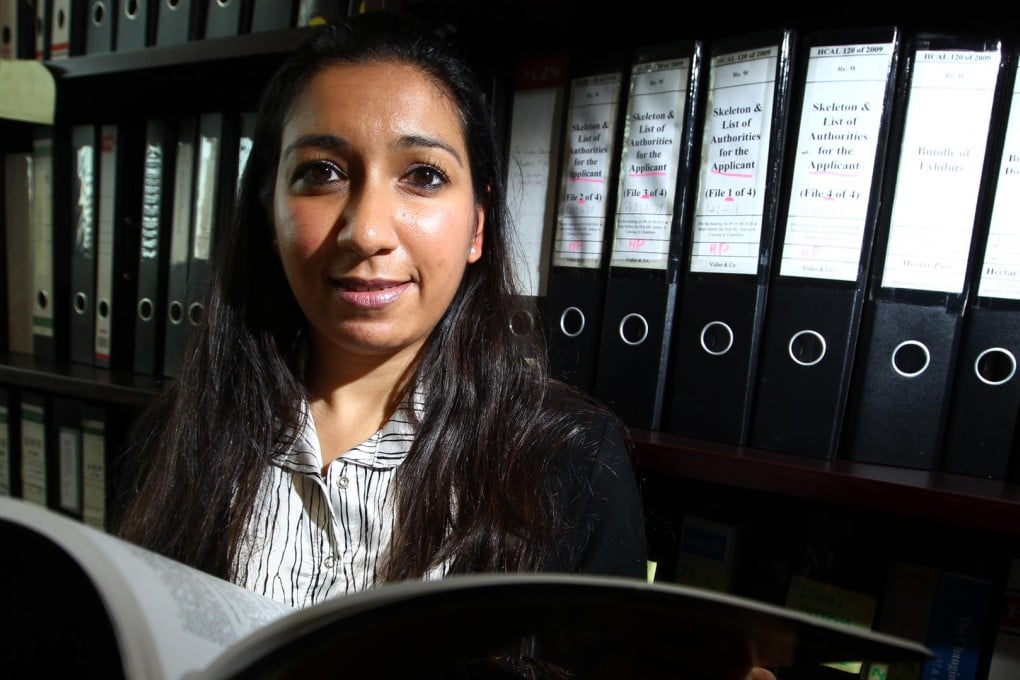Lack of Hong Kong ID card means isolation and education limbo
With neither an identity card nor student visa to further their studies, Joyce, 20, finds herself in a state of limbo.

Joyce, 20, is already the quietest of six siblings. But after she graduates from secondary school next year, the young woman expects to be even more socially isolated.
Unlike her peers who will be making plans and choosing their university courses, Joyce is preparing herself to spend months, maybe years, in a walk-up flat in Mong Kok with her mother.
"I'll have to stay at home. Doing nothing," she sighed. "I would like to go to university, but because I don't have an identity card, I know I can't."
That is the state of limbo Joyce (not her real name) finds herself in, after more than 10 years of residency in Hong Kong.
The family came from Angola in 2004, seeking refugee protection. Joyce's African passport expired a long time ago and, like her brothers, she holds only recognisance papers issued by the Immigration Department.
If finding a primary school is a struggle to many refugee parents, the future beyond the school gates is like a ghost haunting both the parents and their children - who have neither the identity card nor the student visa to further their studies.